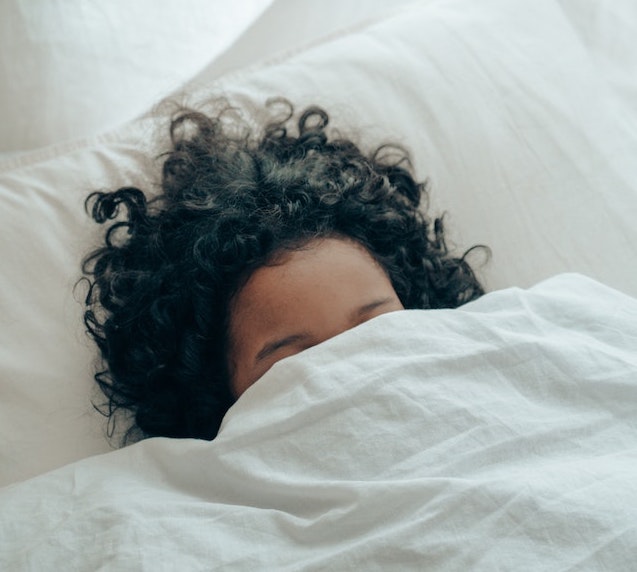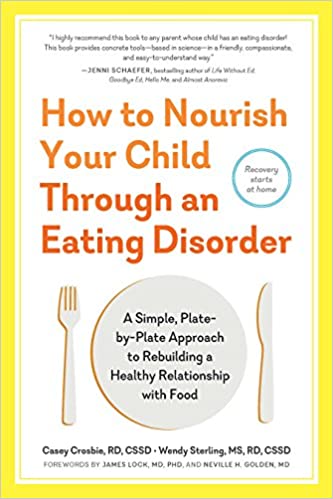 Unfortunately, too little sleep isn’t just a problem for adults. It’s also an increasing problem for our kids. While every child is different, the American Academy of Pediatrics (AAP) recommends 9 to 12 hours of sleep per night for younger kids and 8 to 10 hours for teens.
Unfortunately, too little sleep isn’t just a problem for adults. It’s also an increasing problem for our kids. While every child is different, the American Academy of Pediatrics (AAP) recommends 9 to 12 hours of sleep per night for younger kids and 8 to 10 hours for teens.
- One in four kids has at least one caffeinated beverage a day (think beyond just coffee to sodas and chocolate). These kids have been shown to sleep less on average than kids who don’t have caffeine.
- Half of all kids have TVs in their rooms, leading to less sleep.
- We set kids up with bad habits from birth by sleeping with them until they fall asleep, not being firm with them about bedtimes, and not sticking to routines.
- In addition to TV in the rooms, adolescents (and even children) are looking at their phones and texting late into the night. Studies have shown that people who texted in the hour before going to bed were less likely to report getting a good night’s sleep.
We may take sleep for granted because we don’t appreciate how important it actually is:
- Our brains need sleep. Brains process and consolidate our memories while we sleep. It helps our kids remember the important things in life. Sleep helps remove toxins from our brain that build up while we are awake. Without sleep, we can’t form new pathways in the brain that help us learn new things.
- Our bodies need sleep. This is especially true for babies and younger children. Sleep is necessary for muscle growth and repair. Some growth hormones are secreted and synthesized during sleep. Poor sleep is associated with obesity, high blood pressure, and diabetes.
- Sleep isn’t just about quantity. Quality is important, too. Poor sleep quality is associated with poorer school performance as measured by teacher ratings, grades, and neurocognitive functioning. It can make kids and adults be more moody, angry, and anxious.
- Your kids probably need more sleep than they are getting. Most kids need 10 to 11 hours per night but get far less than that (closer to 9 ½ hours on average).
- There are significant benefits when we get enough sleep. Good quality sleep is associated with greater ability to focus. Kids are better able to solve problems, are more creative, and do better socially when they are well-rested.
There are lots of things you can do to improve the quantity and quality of your children’s (and your own!) sleep.
Studies have found the following strategies to be most effective:
- Know how much sleep they should be getting. Set a goal within the parameters of what your child needs for their age.
- Limit screen time before bed. Also, get the TV out of the room. Kids should not be exposed to the glow from electric screens for at least an hour before going to sleep.
- Stick with the same bedtimes and awake times. Yes, these can change a bit on the weekends or over the holidays, but they shouldn’t change very much.
- Have a bedtime routine that includes non-stimulating activities. These might include activities like a bath, stories, prayers or daily reflections, and snuggling.
- Provide a good environment for sleeping. Dark, quiet, and cool are the three magic words when it comes to good sleep. Some kids like a nightlight, and that’s okay. Same goes for noise. Some kids don’t like the quiet. A noise machine can help.
If you’ve tried the recommendations listed above and your child is still having difficulty sleeping, talk to your child’s pediatrician.
Excerpted from “The Importance of Sleep for Kids’ Emotional Well-being” by Ellen Braaten, PhD, executive director of the Learning and Emotional Assessment Program (LEAP) at Massachusetts General Hospital (MGH) and associate professor of psychology at Harvard Medical School. Read the full post online on the Clay Center for Healthy Young Minds website.
Source: The Clay Center for Healthy Young Minds | The Importance of Sleep for Kids’ Emotional Well-being, https://www.mghclaycenter.org/parenting-concerns/the-importance-of-sleep-for-kids-mental-and-emotional-well-being-2 | © 2022
If you have concerns about your child or teen, CHC Care Coordinators can arrange a free 30-minute consultation so you can explore options with an expert. We invite you to call or email us at 650.688.3625 or careteam@stage.chconline.org to set up an initial Parent Consultation appointment. CHC teletherapy services are available now.





